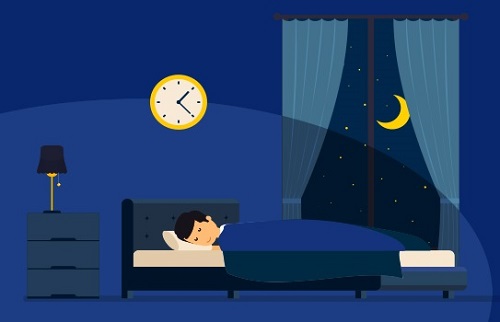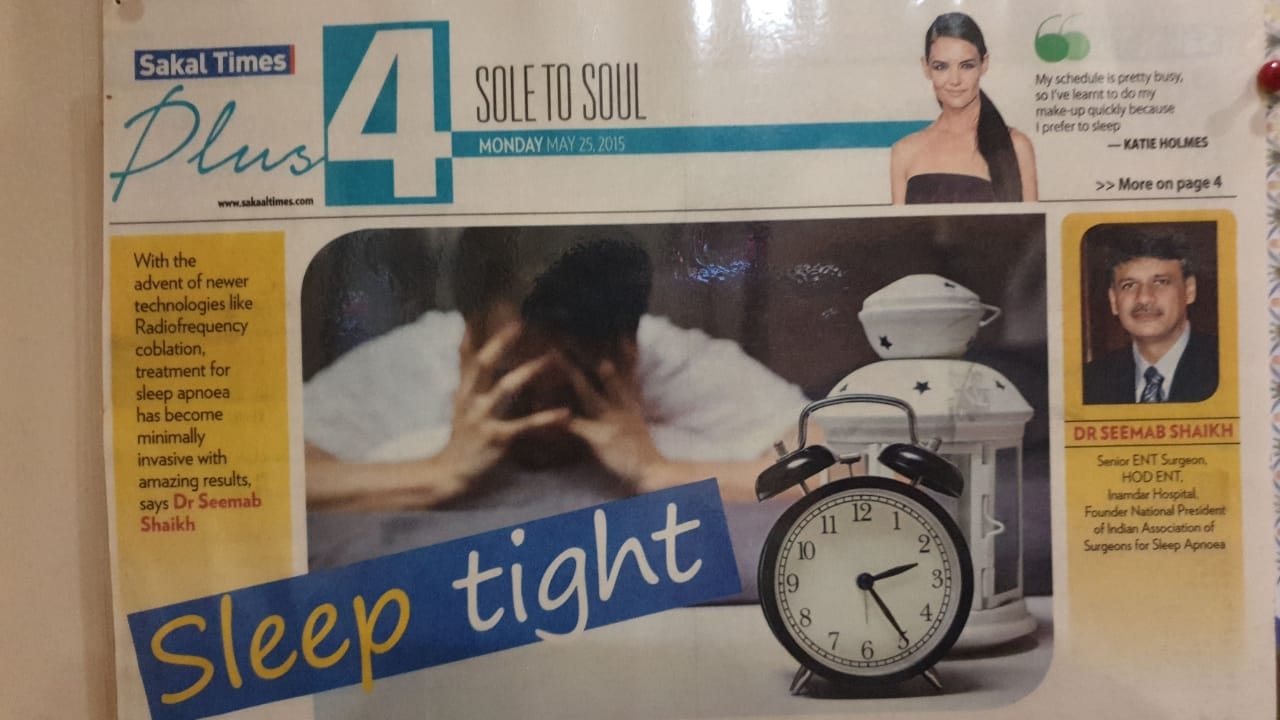Sleep Tight
07 Mar 2025
If tossing and turning in bed is bringing you down, getting professional help might help you get down to the crux of the problem.
A good night’s sleep has been proven to solve every problem—it helps you concentrate better, work out harder at the gym, perform tasks faster, improve your metabolism and bolster your immunity. But with the amount of distractions on deck—like the constant scrolling and flipping through channels—it can be hard to actually find. For some people, eating the wrong food at night or snoring can come in the way of restful sleep, while for others, a too-warm sleep environment or a too-bright room can be the culprit. If you’re not able to pinpoint what your actual sleep issue is, a sleep coach might be able to help. Do you need one? How does it work? We spoke to the experts to find out.
What are the dangers of sleep deprivation?
“Sleep deprivation, whether it is due to lifestyle or medical issues, can cause serious physiological and psychological issues that affect your day-to-day lives and interpersonal relationships,” says Pune-based Dr Seemab Shaikh, the founder and national president of the Indian Association of Surgeons for Sleep Apnea. A sleep surgeon and ENT as well, Dr Shaikh says that most people are unsure what their reason for a bad night’s sleep is, and simple diagnostic tests could go a long way. In fact, as shown in a recent survey, 8 in 10 adults wish they could sleep better, but most people (60 per cent) said that they had never taken steps to actually improve the quality of their sleep, or think that they have a problem on their hands. “I see a lot of patients who think that snoring is actually a sign of a good, deep sleep. A doctor will tell you that that is not the case, and stopping it when it starts is a good way to make sure it doesn’t keep affecting you,” confirms Shaikh.
How can sleep coaching help?
“Snoring, for example, means that there is a blockage in your air passage that is causing an obstruction as you sleep,” says Dr Reji Paul, consultant neurologist, Aster Medcity. This can spiral. “When you have slept for ten hours and do not wake up fresh, it means that your body is oxygen deprived, which is because of the narrowed air pipe due to snoring,” confirms Dr Shaikh. “This means digestion, muscle action, your blood pressure, and heart health are affected. Repeatedly low oxygenation to the brain will affect your neurocognitive functioning. This manifests as early morning headaches, lethargy, loss in concentration, irritability and temperamental issues.” While most sleep disorders simply get classified as insomnia, Dr Paul is quick to suggest that it might be something more at play. “As part of the sleep study, we first check the clinical history of the patient. A camera examination of the airway will help locate the blockage and not everyone needs to undergo a minimally invasive medical procedure or even an overnight sleep study as the issue can often be solved by changing your habits,” says Paul.
Sleep coaches and doctors can also help weaning patients off of sleeping medications, creating natural environments that might be more conducive to good rest. At centres like the Shaditya Hospital in Chennai and the Dr A.B.R ENT Clinic in Mumbai, overnight sleep studies can be done to track sleeping patterns and course-correct any issues. If medical problems are ruled out, lifestyle changes can be fixed in the same way. Extremely popular in the US and Europe, online sleep coaches (Like Insomnia Coach) can help track issues by having clients fill in sleep diaries. Not ready to work with a doctor yet? Apps like Sleep Cycle, Pillow and Sleepscore can help keep you accountable.
Read More






